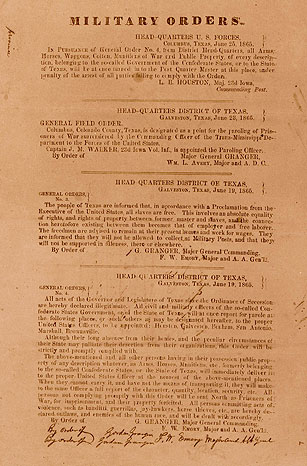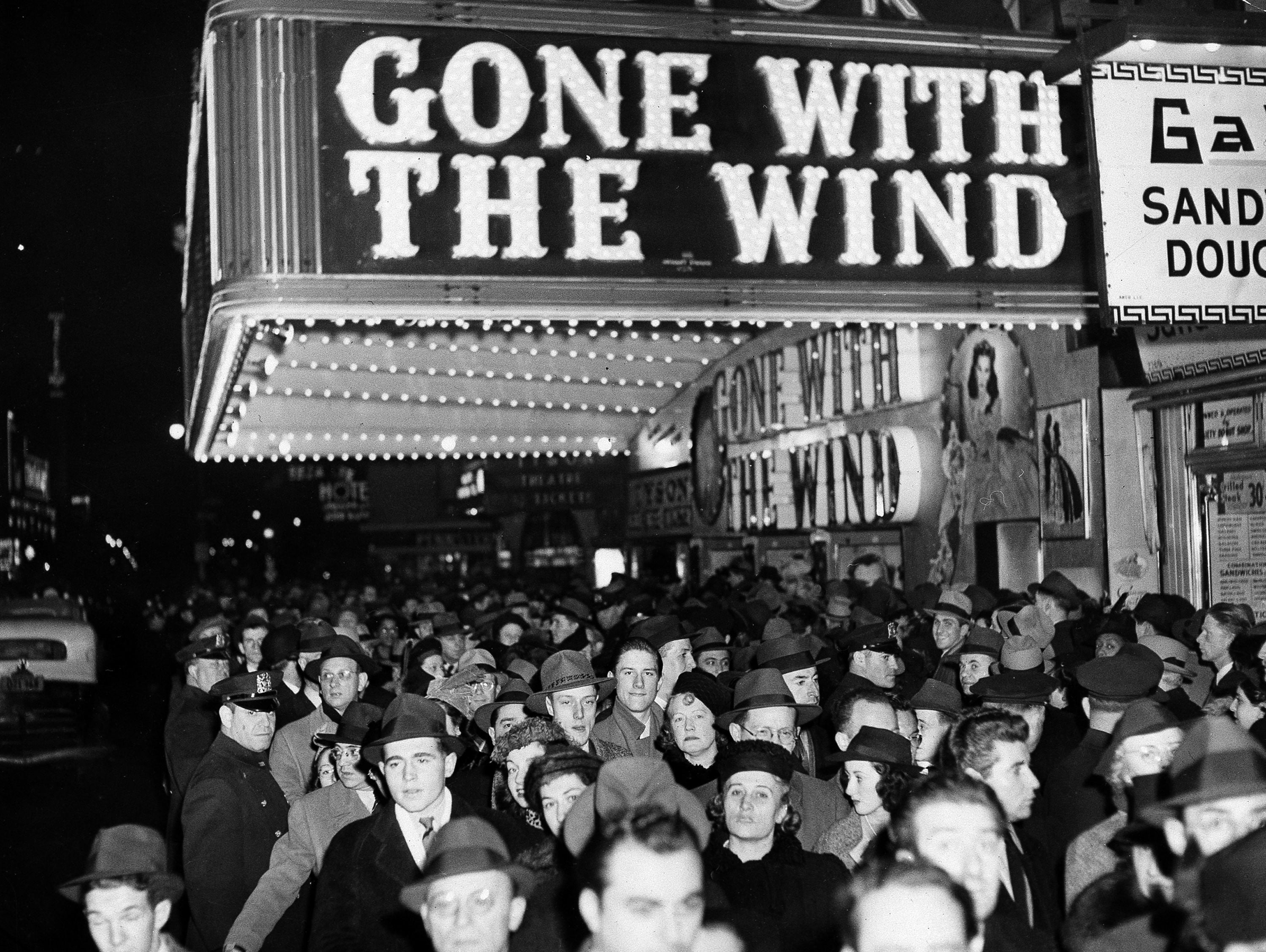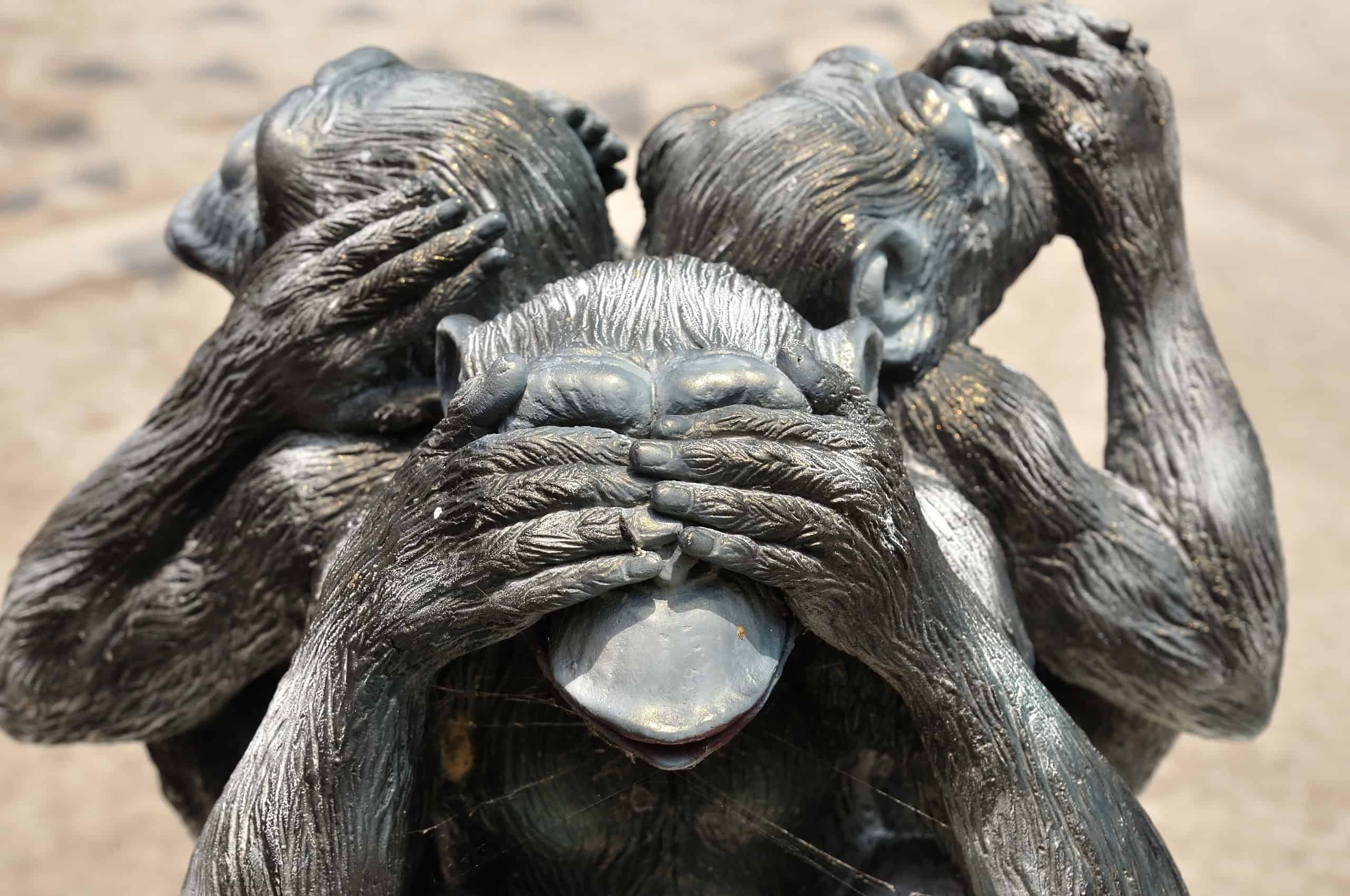About Juneteenth
I get the history of why Juneteenth is a big deal, even as some 80-year-old white guy. I went to Muskingum College from 1961-65. That was a century after America faced the Civil War, our bloodiest war.

The Civil War was an attempt to address the issue of slavery. The North wanted to end slavery, and the South wanted to keep their slaves. The outcome of the Civil War was that the North won the war but lost the peace. Slavery ended a century and a half ago when General Lee surrendered to General Grant at the Appomattox Court House on April 9, 1865.
However, Lee only surrendered his forces of the Confederacy. The western part of the Confederacy surrendered two months later, on June 2, 1865. On June 19, Union General Granger arrived at Galveston, Texas, with the Proclamation from the United States Executive, which emancipated slaves.

Granger’s orders on June 19th.
While that explains Juneteenth, white Americans, especially in the South and many Republicans, still haven’t accepted that blacks were equal to them. Margaret Mitchell published Gone With the Wind several years before I was born. She was from a white wealthy Georgia family. Her grandfather fought for the Confederacy. Mitchell’s novel was about the Civil War and its effect during the dying days of the Confederacy. It didn’t address slavery; it merely addressed the pain and suffering of the wealthy white privileged class in the South.
Gone With the Wind grossed the most money at the box office than any movie when adjusted for inflation. According to Guinness World Records, the movie grossed $3.44 billion at the box office. One would wonder what blacks would have thought of the movie since they couldn’t go to movies with whites, especially in the South, until the 60s and the civil rights movement.

What don’t you see in this photo in Memphis, TN?
Many white Americans haven’t addressed racism in the 21st century, especially Trump and his MAGA base. Public schools in the South have textbooks that don’t address racism. Why? It might upset the white students. These school districts have avoided racism in an attempt to white-wash history. Avoiding upsetting white students with the issue of slavery is their goal. That rationale is blatantly racist. Black students haven’t even been included in the equation. Black students and their families are still dealing with discrimination and hate.
I recalled a famous Japanese Buddhist parable called Three Wise Monkeys, also called Three Mystic Apes. Their names are Mizaru, Kikazaru, and Iwazaru. In the West, we coined the phrase from that parable: "See no evil, hear no evil, speak no evil." At one level, the phrase was intended to have Buddhist followers not waste time viewing, hearing, or speaking evil. However, the flip side of that admonition is not to avoid addressing evil that one sees, hears, or speaks.

Mizaru, Kikazaru, and Iwazaru and the Three Wise Monkeys.
This essay is my attempt to follow that parable. On August 1619, African slaves landed at Point Comfort, VA. An English privateer ship traded slaves for supplies. While blacks didn’t experience comfort at Point Comfort, many whites did. For the next two and a half centuries, whites in the South enjoyed economically the benefits of slavery.
Another century after the Civil War, in the mid-20th century, the Civil Rights movement began protesting segregation and discrimination. Today, we are still trying to bring equality to all people in America. Nonetheless, some still want to return to the days before the time that has gone with the wind.
From 1619 until Supreme Court ruled in 1954 in the case of Brown vs. Board of Education, many black students went from K-12 grade to segregated and unequal public schools. The Supreme Court found that unconstitutional. Blacks weren’t getting equal educational opportunities as whites, which resulted in systematic inequality in employment. The inequality in education and employment created widespread poverty for centuries.
In South Africa in 1971, Steve Biko said, “The most potent weapon in the hands of the oppressor is the mind of the oppressed.” As a black activist, he saw that truism during apartheid. White to enslave people without chains if they enslaved their minds.
Many white Americans haven’t heard that slavery ended in 1865. Listen to President Obama discussing racism today with David Axelrod.
Many white Americans haven’t gotten the message that slavery ended a century and a half ago. Or, more likely, they wish to restore the good old days that have gone with the wind.












